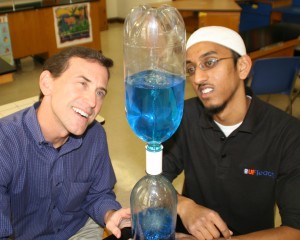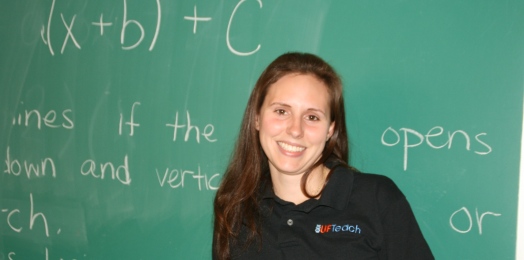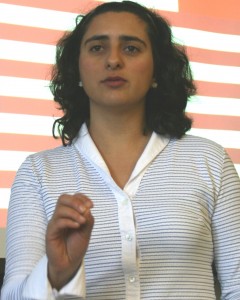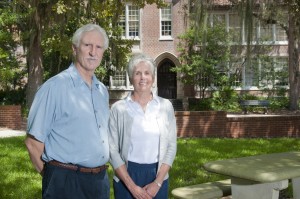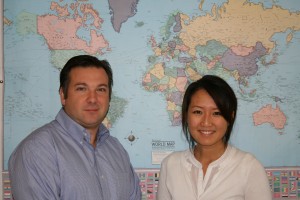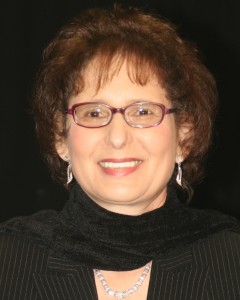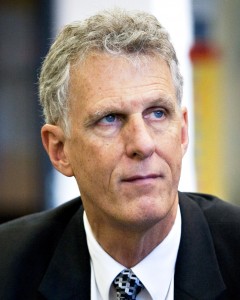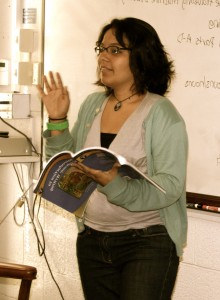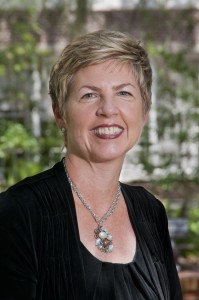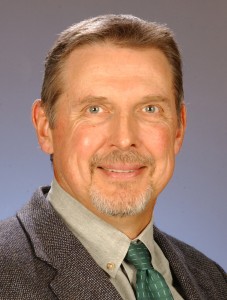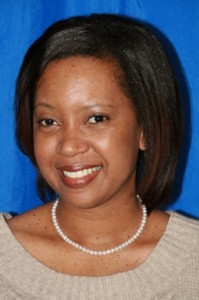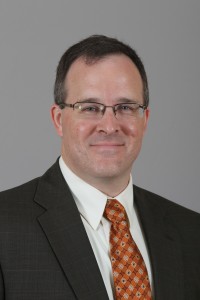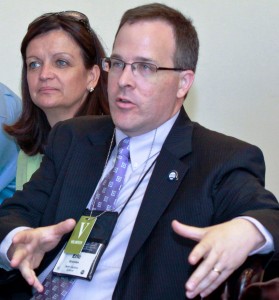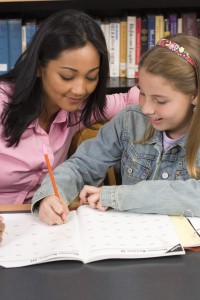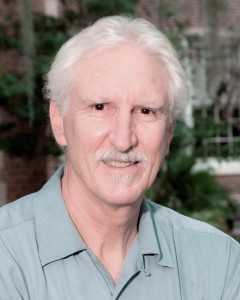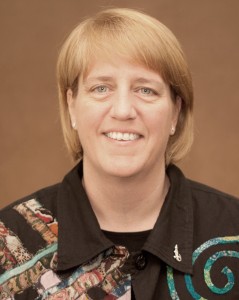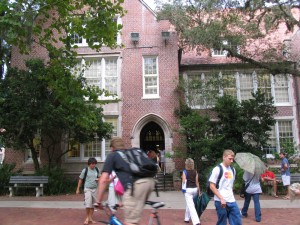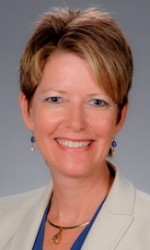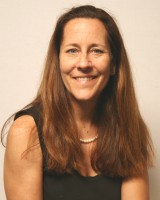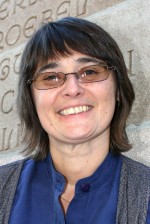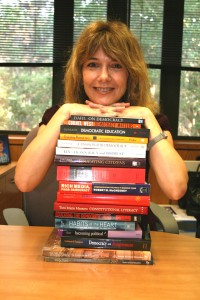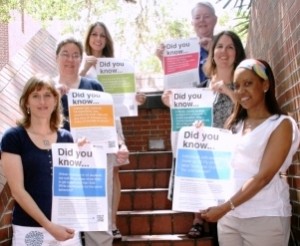https://education.ufl.edu/news/files/2019/07/News-1-300x65.png
0
0
https://education.ufl.edu/news/files/2019/07/News-1-300x65.png
2013-11-13 09:10:562013-11-13 10:43:36Algebra Nation 2.0 launched to meet statewide demand of teachers, students
https://education.ufl.edu/news/files/2019/07/News-1-300x65.png
0
0
https://education.ufl.edu/news/files/2019/07/News-1-300x65.png
2013-10-31 09:00:002013-10-31 09:52:31Gratitude inspires $2.2M gift to UF supporting teachers' graduate studies
https://education.ufl.edu/news/files/2019/07/News-1-300x65.png
0
0
https://education.ufl.edu/news/files/2019/07/News-1-300x65.png
2013-10-23 12:35:372013-11-12 09:45:19P.K. Yonge-China connection continues to blossom
https://education.ufl.edu/news/files/2019/07/News-1-300x65.png
0
0
https://education.ufl.edu/news/files/2019/07/News-1-300x65.png
2013-10-07 09:29:342013-10-07 09:34:36Study promotes early learning in everyday activities for infants, toddlers with disabilities
https://education.ufl.edu/news/files/2019/07/News-1-300x65.png
0
0
https://education.ufl.edu/news/files/2019/07/News-1-300x65.png
2013-09-24 14:08:312013-09-30 11:32:25UF College of Education film screening Sept. 26 shines light on innovative inner-city teacher
https://education.ufl.edu/news/files/2019/07/News-1-300x65.png
0
0
https://education.ufl.edu/news/files/2019/07/News-1-300x65.png
2013-08-26 13:04:132013-08-29 11:52:13UF gift from novelist James Patterson creates 8 scholarships in elementary education
https://education.ufl.edu/news/files/2019/07/News-1-300x65.png
0
0
https://education.ufl.edu/news/files/2019/07/News-1-300x65.png
2013-08-23 08:13:262013-08-23 10:49:58Counselor ed study links life stressors to students' reading scores
https://education.ufl.edu/news/files/2019/07/News-1-300x65.png
0
0
https://education.ufl.edu/news/files/2019/07/News-1-300x65.png
2013-08-15 08:39:222013-08-15 08:39:22UF, Palm Beach County schools launch bold STEM ed reform effort
https://education.ufl.edu/news/files/2019/07/News-1-300x65.png
0
0
https://education.ufl.edu/news/files/2019/07/News-1-300x65.png
2013-08-06 13:35:092013-08-09 12:23:45UFTeach summer scholars get hands-on training in STEM education
https://education.ufl.edu/news/files/2019/07/News-1-300x65.png
0
0
https://education.ufl.edu/news/files/2019/07/News-1-300x65.png
2013-07-18 12:33:122013-07-18 13:08:50School discipline researcher suggests alternatives to out-of-school suspensions
https://education.ufl.edu/news/files/2013/07/suzy-colvin1.png
355
960
https://education.ufl.edu/news/files/2019/07/News-1-300x65.png
2013-07-09 13:07:312013-08-22 09:38:45Technology Teaching Lab for future teachers takes interactive learning to higher level
https://education.ufl.edu/news/files/2019/07/News-1-300x65.png
0
0
https://education.ufl.edu/news/files/2019/07/News-1-300x65.png
2013-07-09 11:07:362013-08-22 09:36:43UF, historically black colleges and universities launching statewide mentoring for at-risk minority youth
https://education.ufl.edu/news/files/2019/07/News-1-300x65.png
0
0
https://education.ufl.edu/news/files/2019/07/News-1-300x65.png
2013-06-27 12:24:372013-08-22 09:37:49Faculty pair awarded annual research grant from College of Education
https://education.ufl.edu/news/files/2019/07/News-1-300x65.png
0
0
https://education.ufl.edu/news/files/2019/07/News-1-300x65.png
2013-06-26 18:22:392013-06-28 08:36:21Florida DOE alerting recent teacher prep students of personal info exposed
https://education.ufl.edu/news/files/2019/07/News-1-300x65.png
0
0
https://education.ufl.edu/news/files/2019/07/News-1-300x65.png
2013-04-15 10:28:302013-05-02 16:30:22COE researchers out in force at AERA’s massive annual meeting
https://education.ufl.edu/news/files/2019/07/News-1-300x65.png
0
0
https://education.ufl.edu/news/files/2019/07/News-1-300x65.png
2013-04-12 12:02:372019-07-10 16:02:47Professor receives international honor for impact in special education
https://education.ufl.edu/news/files/2019/07/News-1-300x65.png
0
0
https://education.ufl.edu/news/files/2019/07/News-1-300x65.png
2013-03-26 14:55:492013-03-26 14:57:14UF COE Career Night
https://education.ufl.edu/news/files/2019/07/News-1-300x65.png
0
0
https://education.ufl.edu/news/files/2019/07/News-1-300x65.png
2013-03-26 09:53:432019-07-10 16:02:51Professor’s book ties origin of science fairs to call for more STEM education
https://education.ufl.edu/news/files/2019/07/News-1-300x65.png
0
0
https://education.ufl.edu/news/files/2019/07/News-1-300x65.png
2013-03-12 11:22:252013-03-12 17:38:47US News rates COE first in state; five specialties nationally ranked
https://education.ufl.edu/news/files/2019/07/News-1-300x65.png
0
0
https://education.ufl.edu/news/files/2019/07/News-1-300x65.png
2013-03-05 13:51:052013-03-06 11:39:19UF launches free Algebra Nation prep tool at 2nd Florida high school
https://education.ufl.edu/news/files/2019/07/News-1-300x65.png
0
0
https://education.ufl.edu/news/files/2019/07/News-1-300x65.png
2013-02-18 14:15:342013-03-06 11:34:44PKY-COE host gathering to map out transformation of middle school science education
https://education.ufl.edu/news/files/2013/02/Behar-Horenstein-Linda-Spotlight-size1.jpg
355
959
https://education.ufl.edu/news/files/2019/07/News-1-300x65.png
2013-02-15 11:29:282013-10-03 17:19:35Odd couple? COE, health center pair up to improve health education, patient care
https://education.ufl.edu/news/files/2019/07/News-1-300x65.png
0
0
https://education.ufl.edu/news/files/2019/07/News-1-300x65.png
2013-02-11 14:32:512013-03-04 11:49:47Video captures UFCOE-Thailand education connection
https://education.ufl.edu/news/files/2013/02/1-COEhomepagephoto-option2_final-e1360597844234.jpg
343
930
robinglecain
https://education.ufl.edu/news/files/2019/07/News-1-300x65.png
robinglecain2013-02-08 15:43:572013-03-12 09:19:18Open to All Students! UF College of Education Career Night
https://education.ufl.edu/news/files/2019/07/News-1-300x65.png
0
0
https://education.ufl.edu/news/files/2019/07/News-1-300x65.png
2013-01-29 17:24:412013-03-05 13:56:35Gov. Scott helps in statewide launch of UF's online prep tool for required algebra exam
https://education.ufl.edu/news/files/2019/07/News-1-300x65.png
0
0
https://education.ufl.edu/news/files/2019/07/News-1-300x65.png
2013-01-28 07:00:272016-05-06 13:31:09UF gets $1.2 million to prepare science, math teachers for state's high-needs schools
https://education.ufl.edu/news/files/2019/07/News-1-300x65.png
0
0
https://education.ufl.edu/news/files/2019/07/News-1-300x65.png
2013-01-16 15:30:472013-03-12 11:24:02COE, UF partner with Colombian schools to improve human rights law
https://education.ufl.edu/news/files/2019/07/News-1-300x65.png
0
0
https://education.ufl.edu/news/files/2019/07/News-1-300x65.png
2013-01-15 16:00:522013-02-13 16:04:47U.S. News ranks college's online ed program 1st in state, 18th in nation
https://education.ufl.edu/news/files/2012/12/Spec.-Ed-IES-grant-faculty-8-11-0091.jpg
355
960
https://education.ufl.edu/news/files/2019/07/News-1-300x65.png
2012-12-20 06:30:532013-02-11 11:18:13‘Tools for getting along’ helps schoolchildren solve social conflicts
https://education.ufl.edu/news/files/2012/12/THERRIAULT-David-banner_1585.jpg
355
960
https://education.ufl.edu/news/files/2019/07/News-1-300x65.png
2012-12-06 08:00:192013-05-21 18:24:18Studying abroad found to boost creative thinking
https://education.ufl.edu/news/files/2019/07/News-1-300x65.png
0
0
https://education.ufl.edu/news/files/2019/07/News-1-300x65.png
2012-12-05 07:00:162012-12-05 10:10:48UF education, dentistry schools team up to sharpen dental faculty’s teaching skills
https://education.ufl.edu/news/files/2019/07/News-1-300x65.png
0
0
https://education.ufl.edu/news/files/2019/07/News-1-300x65.png
2012-11-29 09:00:122012-11-29 10:31:16UF Lastinger Center partners to create free online app to help students prep for Algebra end-of-course exam
https://education.ufl.edu/news/files/2019/07/News-1-300x65.png
0
0
https://education.ufl.edu/news/files/2019/07/News-1-300x65.png
2012-11-15 06:30:062012-11-14 11:13:30State scholarship program aids future minority teachers
https://education.ufl.edu/news/files/2019/07/News-1-300x65.png
0
0
https://education.ufl.edu/news/files/2019/07/News-1-300x65.png
2012-10-25 11:37:142012-12-19 10:33:11Nov. 14 event celebrates education around the world
https://education.ufl.edu/news/files/2019/07/News-1-300x65.png
0
0
https://education.ufl.edu/news/files/2019/07/News-1-300x65.png
2012-10-17 09:05:112012-10-17 09:05:11UF awarded $2 million grant to boost science, math teaching in Florida schools
https://education.ufl.edu/news/files/2012/10/stock-SPEC-ED2.jpg
355
960
https://education.ufl.edu/news/files/2019/07/News-1-300x65.png
2012-10-01 15:01:522018-02-12 09:57:14Special Education team awarded $25 million to advance teaching of students with disabilities
https://education.ufl.edu/news/files/2019/07/News-1-300x65.png
0
0
https://education.ufl.edu/news/files/2019/07/News-1-300x65.png
2012-09-25 15:06:502012-09-25 15:42:07COE alum receives nation’s highest science teaching honor
https://education.ufl.edu/news/files/2019/07/News-1-300x65.png
0
0
https://education.ufl.edu/news/files/2019/07/News-1-300x65.png
2012-08-15 09:39:362012-08-15 09:40:23Back-to-school tips for parents & teachers
https://education.ufl.edu/news/files/2012/08/COE_storystacker_StephenSmith.png
1479
4000
https://education.ufl.edu/news/files/2019/07/News-1-300x65.png
2012-08-14 16:07:542013-02-01 13:19:26New Fien Professor finding ways to reduce disruptive classroom behavior
https://education.ufl.edu/news/files/2019/07/News-1-300x65.png
0
0
https://education.ufl.edu/news/files/2019/07/News-1-300x65.png
2012-08-14 15:40:312012-08-14 15:40:31Success tips for new college students--and their parents
https://education.ufl.edu/news/files/2012/08/Washington.jpg
1811
4915
https://education.ufl.edu/news/files/2019/07/News-1-300x65.png
2012-08-13 16:28:382016-05-06 14:20:47Washington works to restore civics instruction, civic involvement
https://education.ufl.edu/news/files/2019/07/News-1-300x65.png
0
0
https://education.ufl.edu/news/files/2019/07/News-1-300x65.png
2012-08-10 09:46:372012-08-10 12:50:55PKY lab school students score in Top 5 on statewide FCAT, end-of-course exams
https://education.ufl.edu/news/files/2019/07/News-1-300x65.png
0
0
https://education.ufl.edu/news/files/2019/07/News-1-300x65.png
2012-07-19 11:32:032012-07-19 11:32:03Researcher-author on teacher 'inquiry' tapped for elite UF professorship
https://education.ufl.edu/news/files/2019/07/News-1-300x65.png
0
0
https://education.ufl.edu/news/files/2019/07/News-1-300x65.png
2012-07-18 09:43:032012-07-18 09:50:27'Opportunity' research will boost interventions for children with autism
https://education.ufl.edu/news/files/2019/07/News-1-300x65.png
0
0
https://education.ufl.edu/news/files/2019/07/News-1-300x65.png
2012-07-16 13:14:082012-07-16 13:14:08Smith Professorship study will benefit English language learners
https://education.ufl.edu/news/files/2019/07/News-1-300x65.png
0
0
https://education.ufl.edu/news/files/2019/07/News-1-300x65.png
2012-06-22 11:23:172012-06-22 13:26:24'Smart classroom' moving teacher preparation into 21st century
https://education.ufl.edu/news/files/2019/07/News-1-300x65.png
0
0
https://education.ufl.edu/news/files/2019/07/News-1-300x65.png
2012-06-22 10:32:352012-06-22 10:36:05UF ranks 6th in U.S. among public online teacher education programs
https://education.ufl.edu/news/files/2019/07/News-1-300x65.png
0
0
https://education.ufl.edu/news/files/2019/07/News-1-300x65.png
2012-06-21 17:08:022016-04-12 15:10:15Washington 'Knight-ed' for quest to revive civic learning, citizenship involvement
https://education.ufl.edu/news/files/2019/07/News-1-300x65.png
0
0
https://education.ufl.edu/news/files/2019/07/News-1-300x65.png
2012-06-12 13:42:472012-06-15 16:16:56Higher Ed professor in partnering talks with Colombian university
https://education.ufl.edu/news/files/2019/07/News-1-300x65.png
0
0
https://education.ufl.edu/news/files/2019/07/News-1-300x65.png
2012-06-06 16:07:192012-06-06 16:07:19Diversity committee campaign addresses school equity issues
Scroll to top
 For Florida’s high school students, the Algebra 1 end-of-course exam is as high stakes as it gets – it determines their future. They must pass the test to graduate. About 48 percent of ninth-graders failed the exam in the spring. Created by the UF Lastinger Center for Learning in partnership with the Florida Legislature, Governor’s Office and Department of Education, as well as Gainesville-based Study Edge, Algebra Nation offers students, teachers and parents a free, highly effective, interactive, 24/7 online resource aligned with the latest state standards.
For Florida’s high school students, the Algebra 1 end-of-course exam is as high stakes as it gets – it determines their future. They must pass the test to graduate. About 48 percent of ninth-graders failed the exam in the spring. Created by the UF Lastinger Center for Learning in partnership with the Florida Legislature, Governor’s Office and Department of Education, as well as Gainesville-based Study Edge, Algebra Nation offers students, teachers and parents a free, highly effective, interactive, 24/7 online resource aligned with the latest state standards.
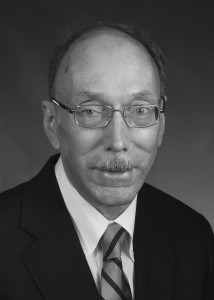
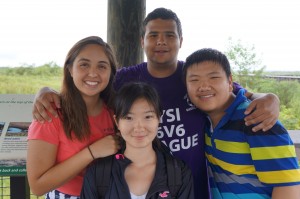
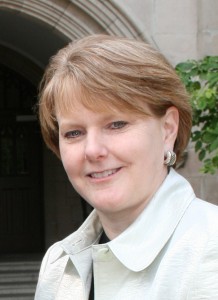
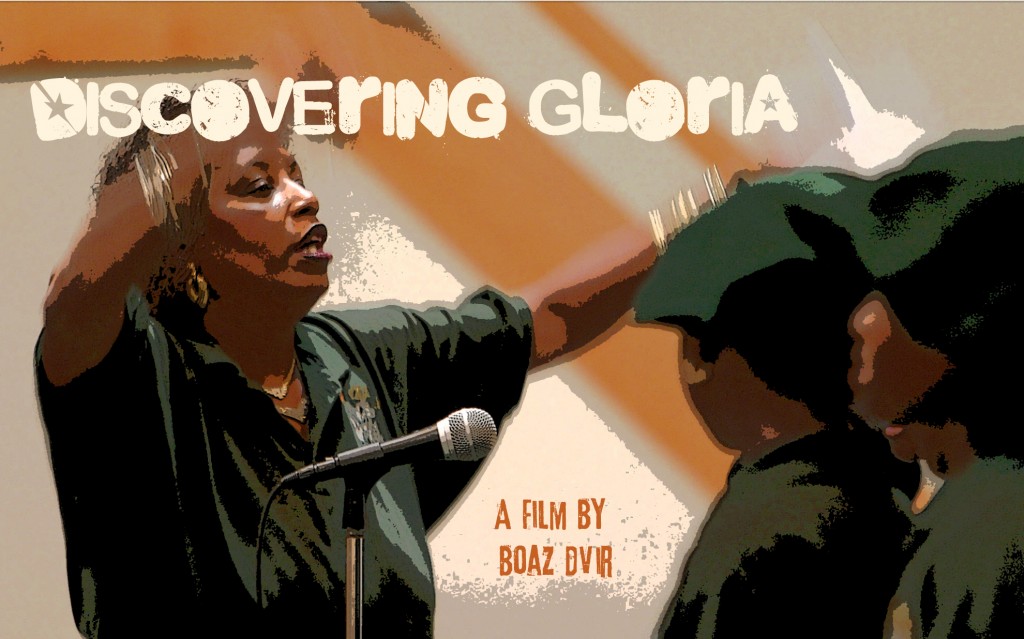
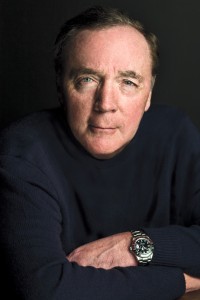
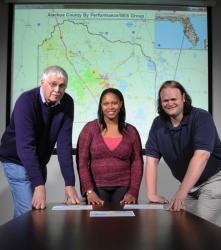
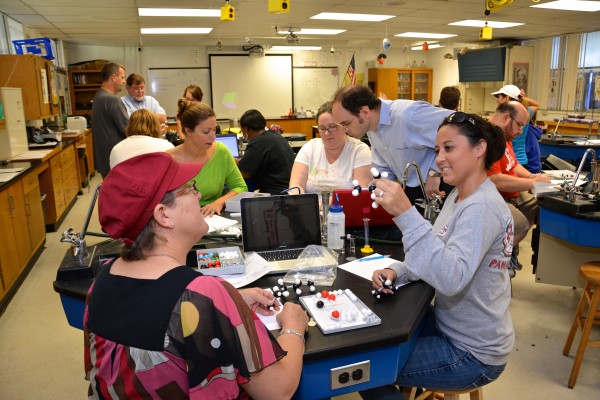
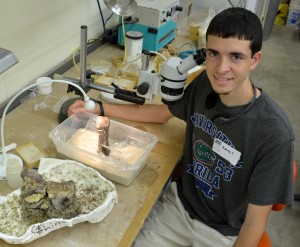
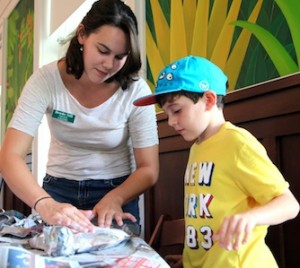
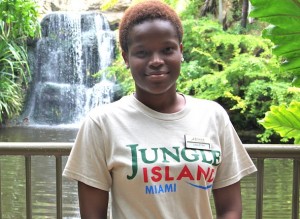
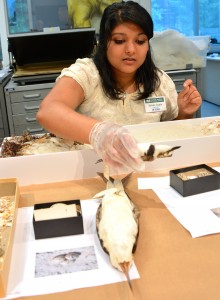
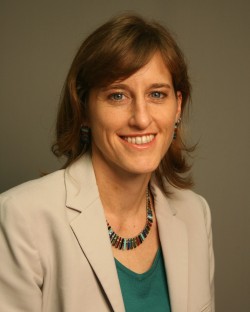
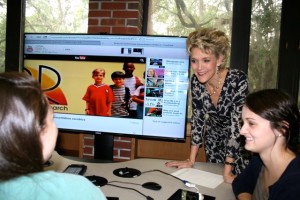
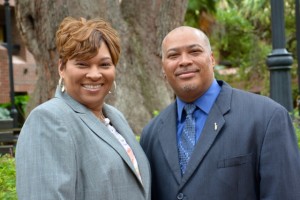
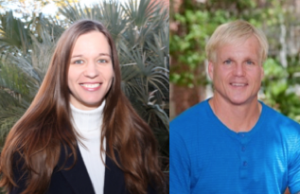
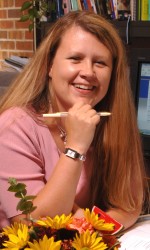
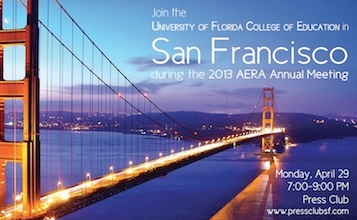
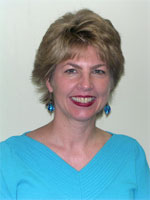
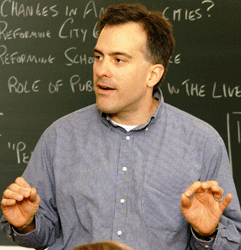
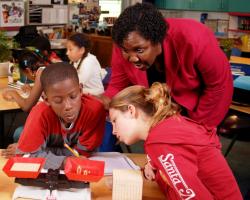
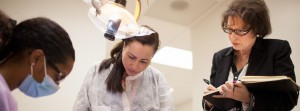
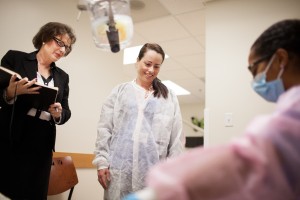
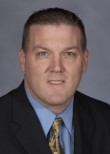
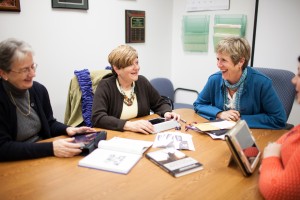
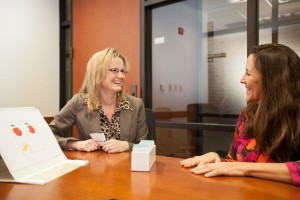
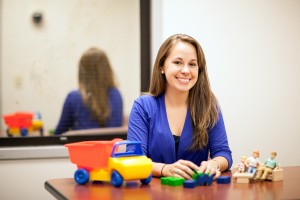
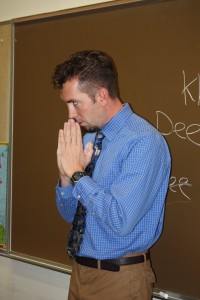
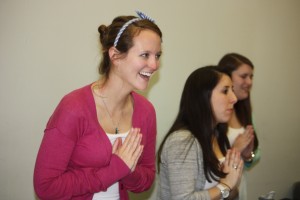
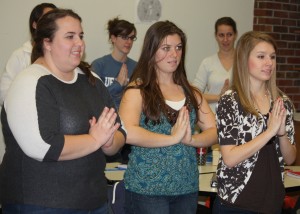
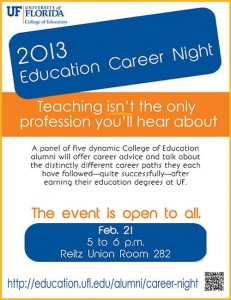 Education Career Night
Education Career Night